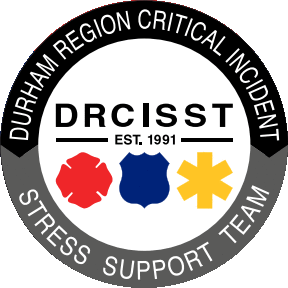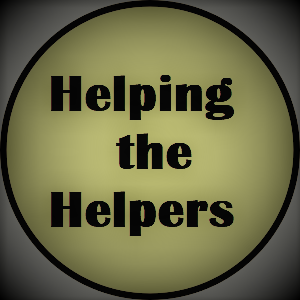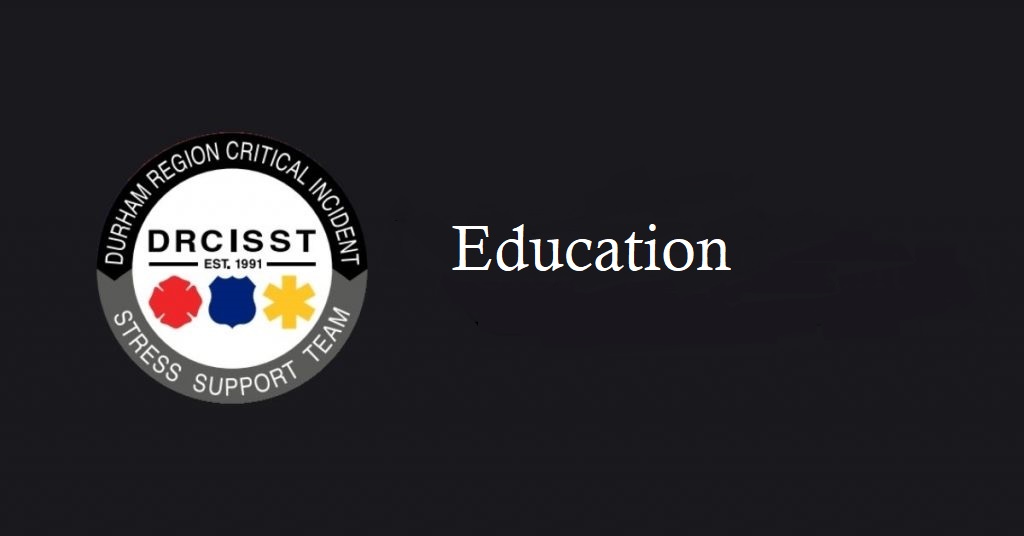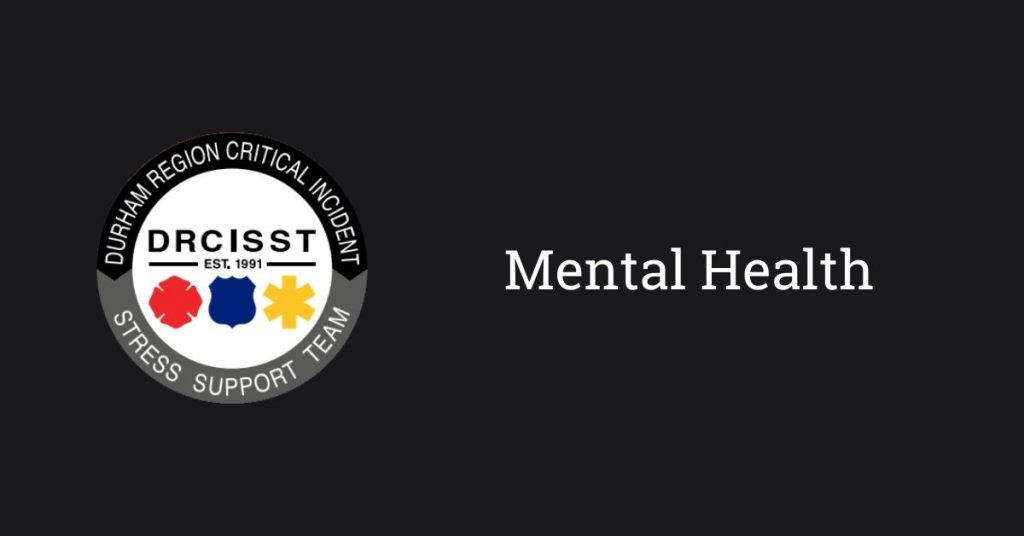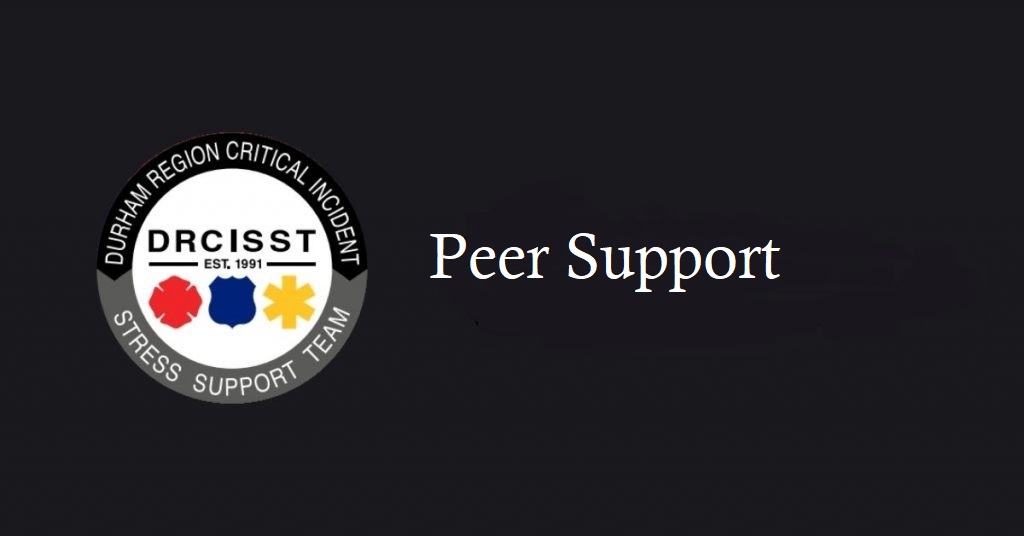Tips for Dealing With Anxiety
Anxiety is a physiological, behavioural and psychological reaction to stressful situations. Anxiety may include bodily reactions such as: rapid heartbeat, muscle tension, dry mouth, sweating or queasiness. It may also affect your ability to act, express yourself or deal with certain situations. Anxiety often causes apprehension, uneasiness and feelings of being detached from yourself.
The purpose of anxiety is to force us to react when in threatening situations. For example, feeling anxiety when walking in the dark at night is natural. However, people who have difficulties with anxiety experience symptoms that are more intense and last longer than the average anxious reaction. In addition, anxiety may be experienced more frequently, may not have an identifiable cause or may be an inappropriate reaction to a particular situation. If you have trouble managing your anxiety, some help may be needed.
Tips for Reducing Anxiety:
- Learn to recognize what feelings are associated with your anxiety. When you notice these feelings coming up, try and figure out what it is that is bothering you.
- 20-30 minutes of deep relaxation per day can help reduce anxiety. Deep relaxation often involves slow, deep breathing, muscle relaxation and visualization.
- Regular exercise will help reduce tension and stress.
- Eliminate caffeine, sugar, nicotine and alcohol.
- Acknowledge and express your feelings to others.
- Choose some positive statements you can repeat to yourself again and again that will help calm you down when you feel anxious.
- Meet with a counsellor you trust to help you learn to manage your anxiety effectively.
An Action Plan
Having people to support you is often helpful in working through your anxiety. They can help by taking your mind off your anxiety or by talking through your feelings with you.
Print out the Help Plan by clicking on the circle bottom right, then identify some people you can rely on to help you through any difficulties you may be experiencing.
My Help Plan – Talk to Someone
| Name | Phone | |
| Friend | ||
| Counsellor | ||
| Support Person | ||
| Other |
Tips for Dealing With Conflict
Conflict resolution is discussion in which mutually satisfactory goals are reached. It may include negotiation, mediation and compromise. We put hours of planning into a vacation, take a whole day to clean out the closet, but how much time are we willing to put into conflict resolution with our life partner? It may well be worth the time, as conflict resolution skills build stronger and more productive relationships. Try to see conflict as an opportunity to improve your relationship and to find a deeper, more secure connection with each other.
Tips and Skills
- Face the problem! It’s not going to go away because you don’t talk about it, it will only get worse.
- Share the responsibility of resolving your conflict. Don’t always leave it up to your partner to bring up hard issues and solve them.
- Stick to the issue at hand. Don’t try to bring in past issues just to strengthen your argument.
- Be open about your feelings and encourage your partner to do the same. Nobody should be left trying to mind-read.
- Use “I” messages, like “I would like”, “I feel…”, instead of “you” messages, like “You should have..”, “You are..”. “I” statements help the other person listen, instead of responding defensively.
- Take action! If you’ve talked through an issue of conflict and have come to a solution, make it happen. You don’t want to end up back where you started.
If you are struggling with resolving conflicts in your relationship you may want to seek outside resources. You may need a friend or family member to act as a mediator or you may want to seek counseling to strengthen your skills.
Print out the Help Plan by clicking on the circle bottom right, then identify some people you can rely on to help you through any difficulties you may be experiencing.
My Help Plan – Talk to Someone
| Name | Phone | |
| Friend | ||
| Counsellor | ||
| Support Person | ||
| Other |
